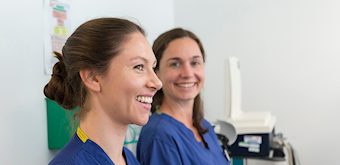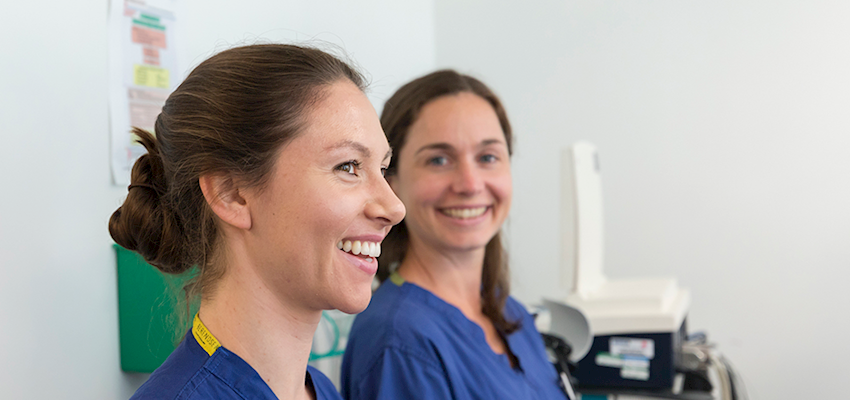Endocarditis
Infection of the heart, normally involving the heart valveS
A rare condition that can cause damage to your heart
About endocarditis
Need to know
-
Symptoms of endocarditis icon plus
If you have this type of infection, you'll probably notice certain flu-like symptoms, which might include:
- high temperature
- night sweats
- chills
- headaches
- aching muscles and joints
- unexplained weight loss
- shortness of breath
- a heart murmur
You may find the symptoms develop quickly in just a few days, which is known as acute endocarditis, or more slowly over weeks or even months.
-
Diagnosis icon plus
As many of the symptoms of endocarditis are similar to other types of infection, it will probably be diagnosed through a number of tests. These can include:
- a physical assessment
- looking at your medical history
- blood tests
- an echocardiogram
- an electrocardiogram (ECG)
- a transoesophageal echocardiogram (TOE heart scan)
Your consultant will also consider risk factors such as:
- previous heart valve surgery
- pre-existing abnormalities in your heart valves
- congenital heart disease
- hypertrophic cardiomyopathy
- intravenous drug use
- recent dental surgery or poor dental hygiene
-
Potential treatment options icon plus
To treat endocarditis, you will be given a course of antibiotics that usually lasts for two to six weeks. These may need to be taken intravenously through a drip in your arm, at least early in the treatment, so you might need to spend time in hospital. Regular blood tests will monitor how well the treatment is working. You'll also need regular checks if you're taking antibiotics at home. Once the infection has cleared, a cardiologist will want to assess the damage to your heart, as you might need surgery to repair or replace damaged heart valves.
Our cardiac specialists
We're proud to work with leading cardiac experts including cardiologists and cardiac surgeons, whose skills are matched by their integrity and compassion.
Each cardiac centre of excellence is supported by teams of physiologists and experienced cardiac specialist nurses to ensure the high level of care is received by each individual.




Our cardiac locations
From straightforward cardiac procedures to complex cardiothoracic surgery, we provide exceptional care across our network of hospitals, outpatient centres and specialist clinics.
Book an appointment
Our team can help with any enquiries or you can make an appointment with one of our experienced consultants.
Call us today
020 7079 4344